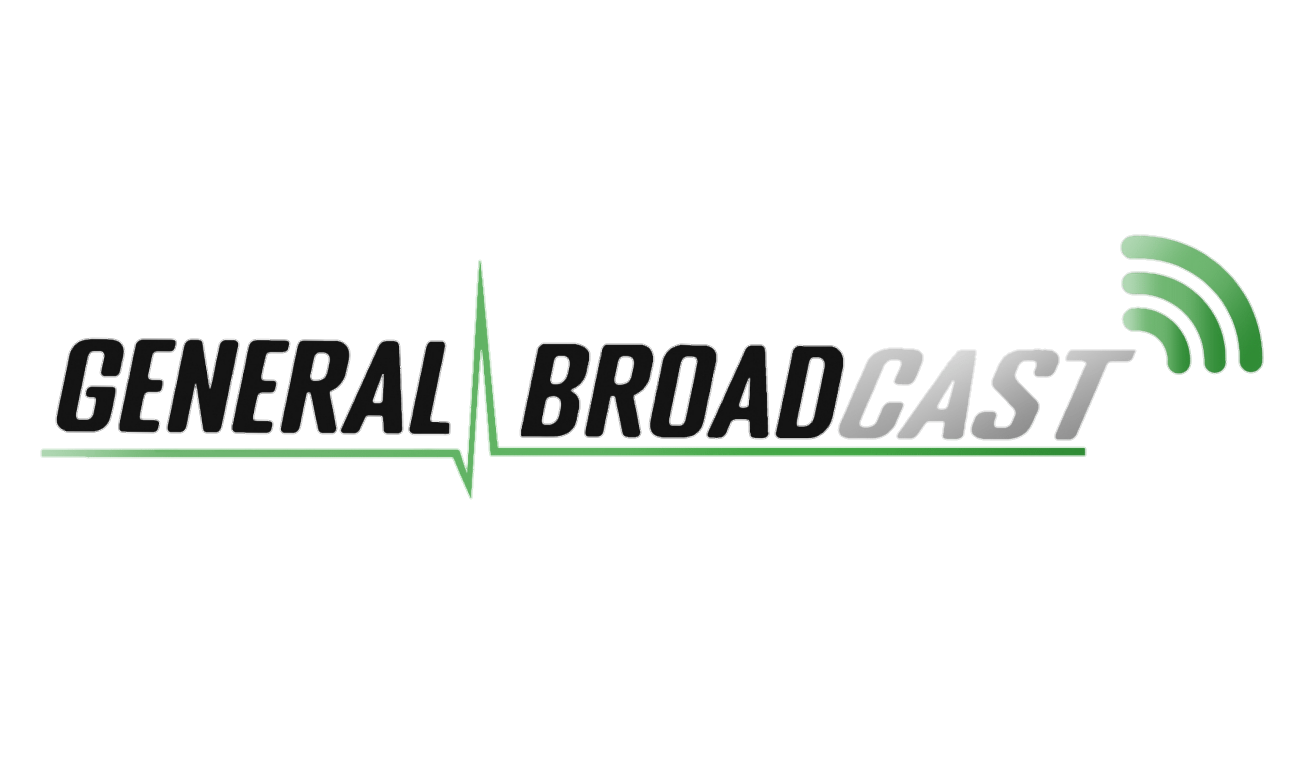Logical Fallacies
Our minds, the fantastic computers that they are, work mainly on pattern recognition. This is the mechanism that for millenia has allowed us to rapidly analyse situations and assess threat based on our previous experience, keeping us safe and stopping us from getting eaten by larger predators. In modern life we still use our ability to pattern recognise to solve almost all of our problems, however this opens us up to logical errors. Logical fallacies or cognitive biases can be present in nearly all situations where we are making a decision, and these can significantly impact our ability to come to a safe and correct conclusion. Identifying these fallacies and understanding when they can present can be key to combating them. This week we are discussing some biases that have been present in our practice and we share some situations where they negatively impacted our decision, as well as what if anything we can do to help overcome them.
Confirmation Bias:
This is something that is really easy to do and can most often present in our history take. This occurs when we have come to a decision in our heads about what might be wrong with the patient, or what might be the right treatment pathway for them and then latch on to peices of information that confirm this way of thinking, potentially excluding or ignoring information that goes against our pre-conceived notions.
Anchoring:
Anchoring or focalism is where we focus too heavily on an initial piece of information offered or somthing we thing is significant ( the "anchor") when making decisions.
Diagnostic momentum:
Occurs when we have made a diagnosis and started a care plan, it is then very difficult to stop that momentum and change the path or decisions, even when new information reveals its self.
The silent feedback effect:
Very prominent in paramedic practice. We don’t get feedback, we didnt hear anything further from that patient we left at home. So we must have been right….right?
Significant case bias:
This occurs when you might have hear or been involved in a particularly prominent or rare case. Maybe it caught you of guard and everything went wrong. Now because this case is so engrained in your mind, you see it everywhere and it may be a regular differential that you come to, despite it being incredibly rare and not the most logical and statistically likely option.
Base rate neglect:
We are taught to treat the worst first and if we can’t exclude it….well treat for that until proven otherwise. This doesn’t take account of how prevalent the disease it to begin with. The 999 triage system is worst for this as it assumes every shortness of breath is a PE,every chest pain is an MI. This is the opposite of common things occur commonly and rare things rarely, and so we need to be concious of this when working up patients.
Blind spot bias:
Ask a room full of people, "are you a better than average driver?" and the whole room will nod their heads. Clearly, they can't all be correct, this is because you recognise everyone elses mistakes and often don’t see your own.
Blind spot bias ties into the dunning kruger effect and can best be summed up as "you don't know what you don't know". We are at most risk of this when we are starting a new role, maybe as an NQP or a trainee specialist paramedic or a trainee advanced clinical practitioner!
As we learn and make more mistakes, we can begin to understand that scale of what we don't know and our areas for improvement start to become clear to us.
Framing effect:
Your decisions are affected by how you frame the question. For example, when deciding whether to order a CT, it matters whether you consider the 1/100 chance of missing a deadly condition or the 99/100 chance the patient is fine. This can come into play in our practice too. It is very easy to justify a patient can wait to see their GP tomorrow morning when it is 0200, you're on an RRV, back up is at least a 2 hour wait and you were due off at 0100... however reframe the question. If this was the start of your shift and you were on a DCA/DMA... would it still be appropriate not to go to the ED?
As always clinicians are responsible for their own practice. These podcasts are produced for informative purposes and should not be considered sufficient to adjust practice. See "The Legal Bit" for more info.
If you’ve got any comments on the article please email generalbroadcastpodcast@outlook.com or post in the comments section.
Don’t forget to tweet and share GB if you liked it using #FOAMed.
